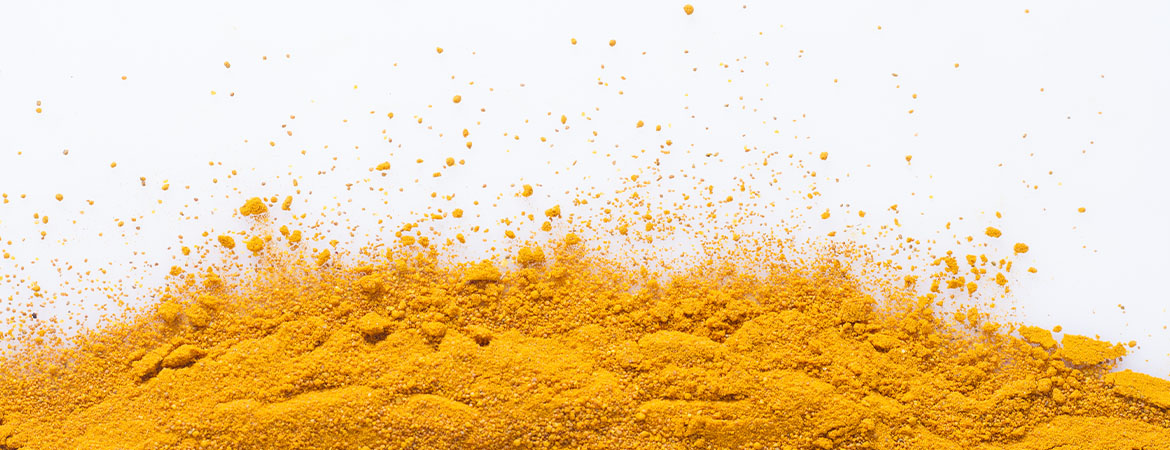Curcumin & Inflammatory Biomakers
Effects of curcumin supplementation on inflammatory biomarkers
in patients with Rheumatoid Arthritis and Ulcerative colitis:
A systematic review and meta-analysis
Highlights
- Curcumin supplements in doses of 250−1500 mg/day over 8–12 weeks was associated with decreases in ESR in adult patients with rheumatoid arthritis and ulcerative colitis in comparison with the control group.
- Curcumin supplements in doses of 250−1500 mg/day over 8–12 weeks was associated with decreases in CRP in adult patients with rheumatoid arthritis and ulcerative colitis in comparison with the control group.
- All subgroup analyses showed significant changes in ESR and CRP although curcumin supplements in doses of 250−1500 mg/day over 8–12 weeks was more associated with decreases in ESR and CRP in younger patients (≤40 years) with rheumatoid arthritis and ulcerative colitis in comparison with the control group.
- Furthermore, more duration (> 8 weeks) and more dosage of curcumin (more than 500 mg) is more related to reduction in ESR and CRP in adult patients with rheumatoid arthritis and ulcerative colitis in comparison with the control group.
Background
Although previous studies have examined the impact of curcumin supplementation on cytokine levels in patients with autoimmune disorders, we were unable to find a systematic review of the effect of curcumin supplementation on inflammatory biomarkers such as CRP and ESR in patients with rheumatoid arthritis or ulcerative colitis; therefore we conducted this systematic review and meta-analysis.
Methods
Relevant studies published from inception to December 2020 were systematically searched through the PubMed, SCOPUS, and google scholar databases. We conducted our systematic review and meta-analysis according to the 2020 PRISMA guidelines. The quality of the papers were assessed by using the Cochrane Collaboration's risk of bias tool. Included studies were randomized clinical trials on the effects of supplementation with curcumin or its derivative on inflammatory factors in patients with rheumatoid arthritis and ulcerative colitis. Pooled effect sizes were calculated using a random-effects model and reported as the weighted mean difference (WMD) and 95 % CI.
Results
In all, six studies met the inclusion criteria for this study. Curcumin supplementation in doses of 250−1500 mg/day over 8–12 weeks was observed to be associated with decreases in CRP and ESR in adult patients with rheumatoid arthritis and ulcerative colitis in comparison with the control group (WMD: −0.42; 95 % CI: −0.59, −0.26, I2 = 94.3 %; WMD: −55.96; 95 % CI: −93.74, −18.17, I2 = 99.7 %, respectively). Significant findings were also observed based on subgroup analyses by the study sample size, duration, participants’ age, curcumin dosage, and type of disease.
Conclusions
Story Source
Complementary Therapies in Medicine Volume 61, September 2021, 102773 https://doi.org/10.1016/j.ctim.2021.102773

